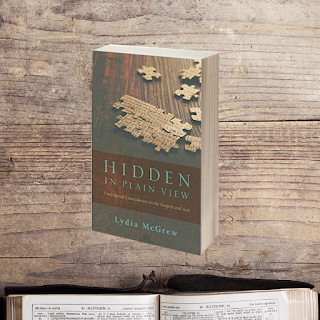the classics: the CA
1. Something exists. 2. Whatever exists, does so either necessarily or contingently. 3. It is impossible that only contingent things exist. 4. Therefore, there exists at least one necessary thing. 5. If there is a necessary thing, that thing is appropriately called 'God.' 6. Therefore God exists. (revised 8/6/'18) This version understands Necessity and contingency largely in causal terms. The necessity that creates the universe must be understood as eternal and uncaused for two reasons: (1) The impossibility of ICR [1] , there has to be a first cause or nothing would ever come to be, (2) empirically we know the universe is not eternal. See the supporting material. Atheists will often argue that this kind of argument doesn't prove that God is the necessity that causes the universe. but being necessary and creator and primary cause makes it the sources of all things we can rationally construe that as God. Finally, even if the cosmological argument is sou...

